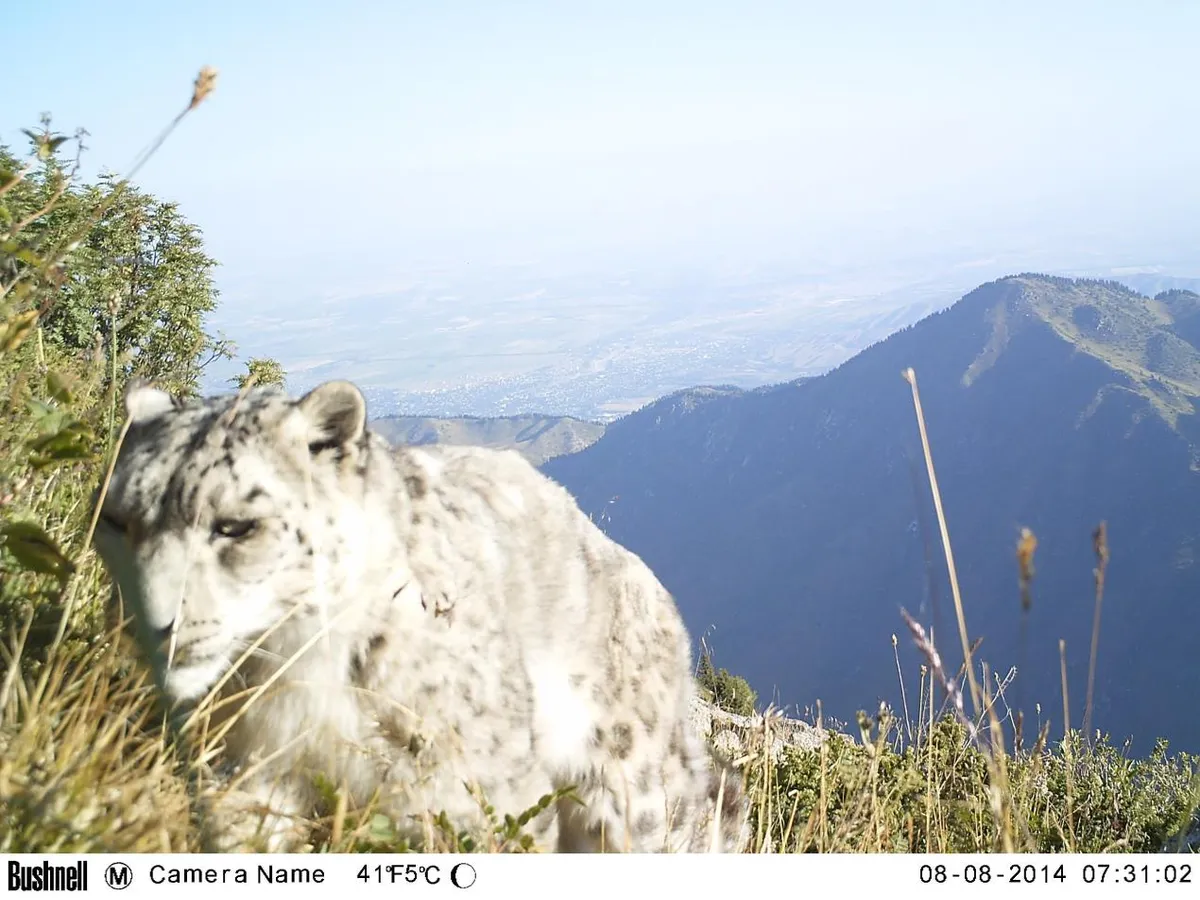Researchers from the University of Cumbria have been assessing the population of Kazakhstan’s national symbol – the snow leopard – after a noticeable decline in its numbers.
The study evaluated the availability and distribution of the snow leopards’ four main prey species – Siberian ibex, red deer, argali and urial.
Using environmental data and computer modelling techniques, the researchers calculated where there was enough food available for the big cat.
“To conserve a predator, we also need to evaluate whether they have enough prey,” says Dr Claire Holt, lead author of the paper.
“We looked at both predator and four main prey species to highlight sensitive areas of overlap for future protection.”
The study examined the corridor area between Kazakhstan's southern and eastern borders, and concentrated on Almaty, where the leopards tend to venture nearer to inhabited areas.
Snow leopards are listed as Vulnerable on the IUCN Red List, following a recent assessment where they were downgraded from Endangered.
However, they still face a wide variety of threats, including climate change, habitat loss and poaching.
The snow leopards are also under increasing pressure from farmers for plundering their livestock.

The exact number of snow leopards is currently unknown, due to the threats they face. However, a separate project will be looking at micro satellites in the snow leopards’ DNA, which will help with population estimates and assess what they have been feeding on.
Read the paper in Ecological Informatics.
Main image: Snow leopard photographed by a camera trap. © University of Cumbria